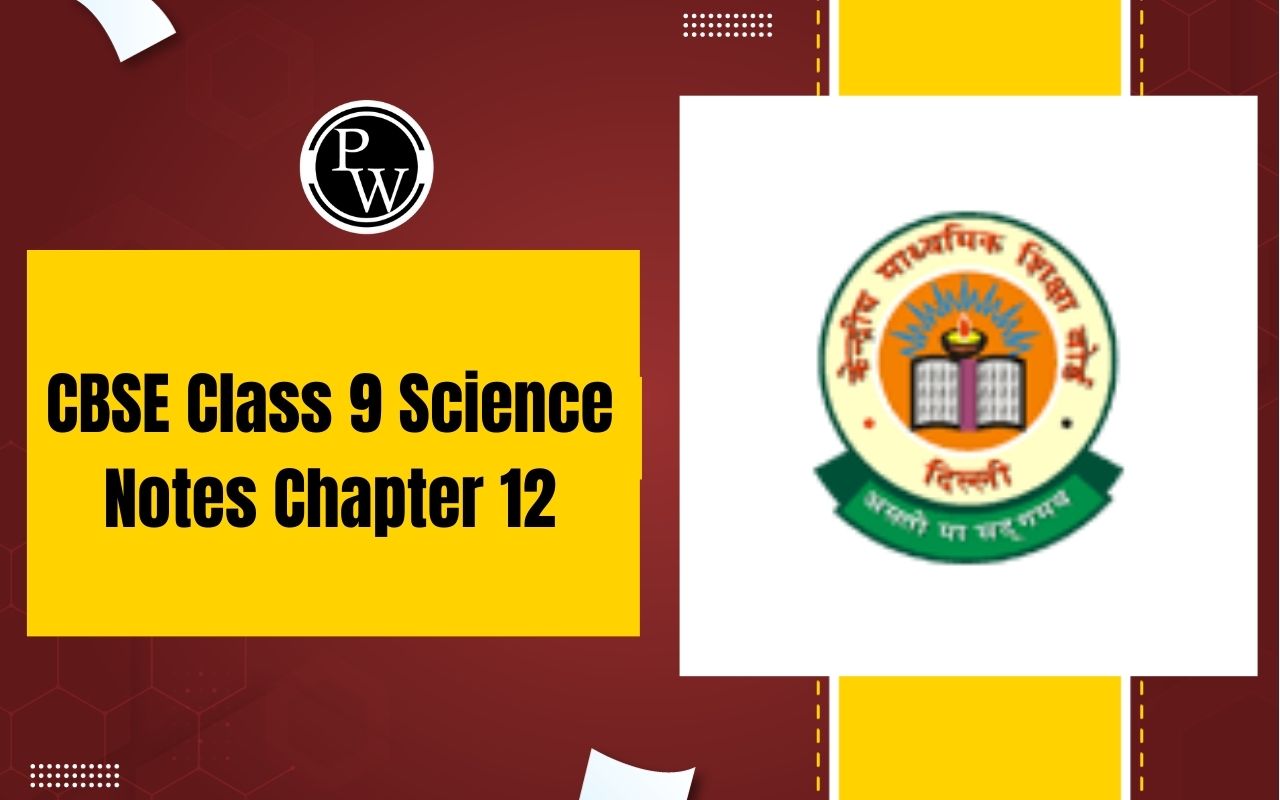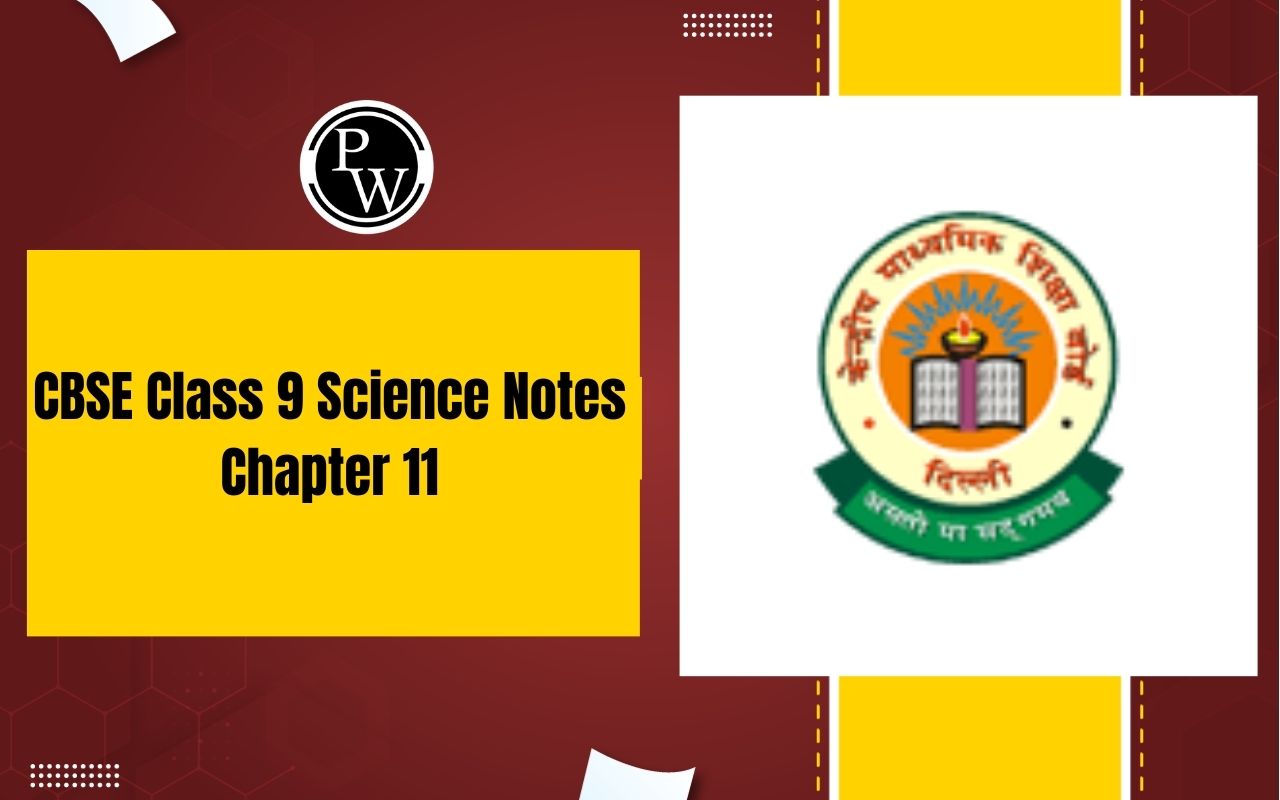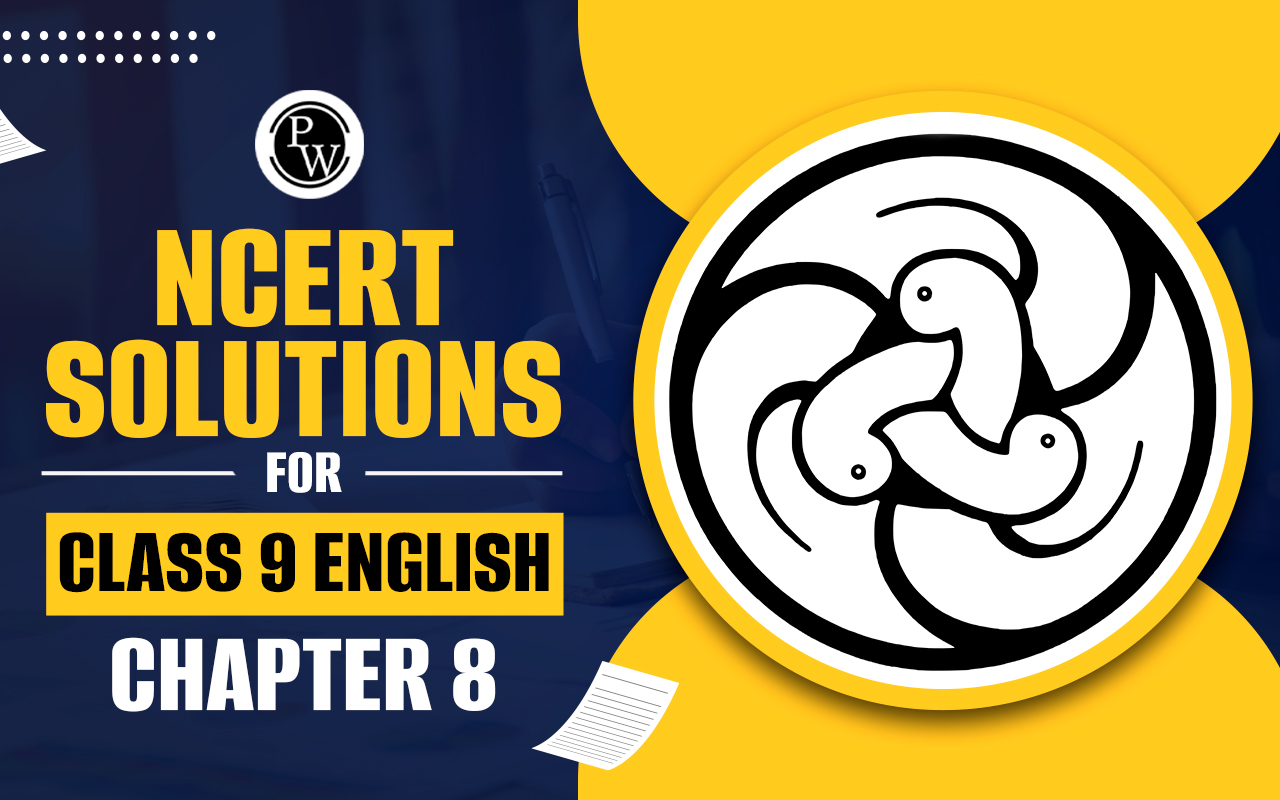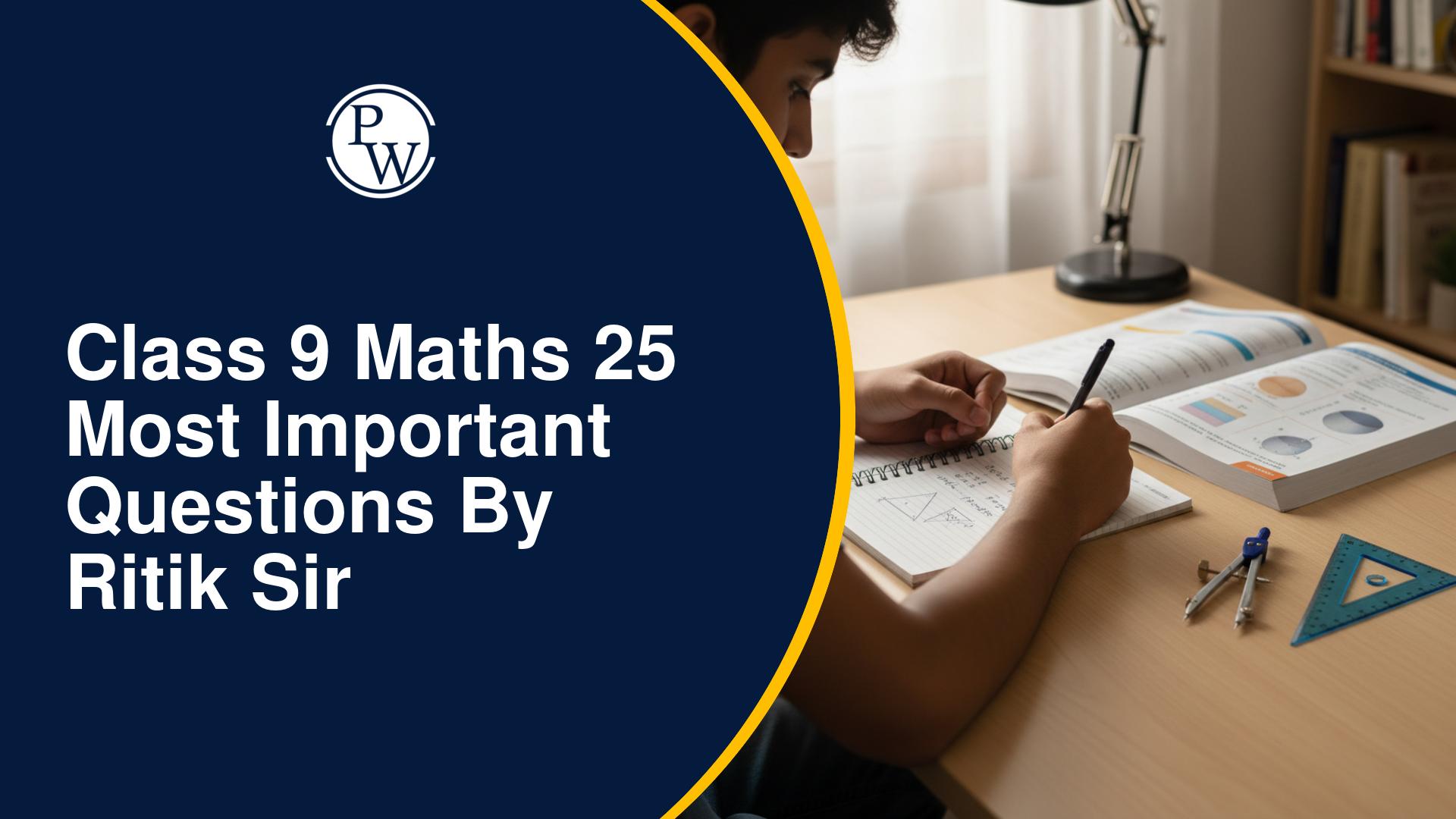
Important questions for Class 9 English Beehive Chapter 2 Poem Wind help students understand the poem and prepare for exams.
Practicing these questions makes it easy to remember important lines and answer exam questions. These questions are helpful for revision of Class 9 English Beehive Chapter 2 Poem.
Important Questions Class 9 English Beehive Chapter 2 Poem Wind
The poem Wind in Class 9 English Beehive Chapter 2 is a beautiful piece that describes the nature and power of the wind. The poet shows how the wind can be gentle and soft at times, yet strong and destructive at other times.
It can scatter papers, tear pages of books, or even break the shutters of windows. Through this poem, students also learn the deeper message that just like the wind life has challenges that we need to face with strength and courage.
The important questions of this chapter are created to help students understand the poem better. They focus on key points like the actions of the wind, the poet advice, the meanings of difficult words and the lessons we can learn.
Practicing these questions helps students remember important lines, understand the poem’s theme and answer exam questions with confidence.
Class 9 English Beehive Chapter 2 Poem Important Questions
Below are the important questions for Class 9 English Beehive Chapter 2 Poem. These questions help students understand the poem Wind and prepare well for exams.
1. Wind, come softly
Don’t break the shutters of the windows
Don’t scatter the papers
Don’t throw down the books on the shelf.
(i) Whom does the poet request in the above lines?
(ii) Write any one action of the wind.
(iii) Trace a word from the extract which means ‘thrown in different directions’.
Sol.
(i) The poet makes a request to the wind in the above lines.
(ii) The various actions include scattering of paper/throwing books from the shelf/breaking the shutters of the window.(Choose any one)
(iii) The word which means ‘thrown in different directions’ is ‘scatter’.
2. He won’t do what you tell him,
So, come, let’s build strong homes.
Let’s joint the doors firmly Practice to firm the body.
Make the heart steadfast.
(i) What does the poet advise?
(ii) He won’t do what you tell him”, what does it mean?
(iii) Find a word from the extract that means ‘loyal/faithful’.
Sol.
(i) The poet advises to build strong homes, join the door firmly, and to make our body firm and strong to face the adverse effects of wind.
(ii) It means that the wind does not follow our commands.
(iii) The word from the extract that means ‘loyal/faithful’ is ‘steadfast’.
3. He won’t do what you tell him
So, come, let’s build strong homes,
Let’s joint the door firmly.
Practice to firm the body.
Make the heart steadfast.
(i) What does “he” stand for ?
(ii) What should we do to save our homes ?
(iii) Which word stands for ‘to fix’?
Sol.
(i) “He” stands for wind.
(ii) To save our homes, we should build strong homes and join the door firmly.
(iii) The word which stands for ‘to fix’ is ‘join’.
4. Wind, come softly
Don’t break the shutters of the windows.
Don’t scatter the papers
Don’t throw down the books on the shelf
There, look what you did – you threw them all down.
You tore the pages of the books.
You brought rain again.
You’re very clever at poking fun at weaklings.
(i) Write about any two destructive activities of the wind.
(ii) How can we make friends with the wind?
(iii) Find the word from the extract which is an antonym of ‘foolish’.
Sol.
(i) Two destructive activities of the winds are –
(a) Breaks the shutters of windows.
(b) Scatters the papers.
c) Throws down the books.
(d) Tears the pages of books. (Any two)
ii) We can make friends with the winds by building strong homes and strong body and heart.
(iii) The word from the extract which is an antonym of ‘foolish’ is ‘clever’.
Important Questions for Class 9 English Beehive Chapter 2 Poem Wind PDF Download
Students can download the PDF of Important Questions for Class 9 English Beehive Chapter 2 Poem Wind from the links given below.
This PDF contains all the key questions and answers, making it easier for students to revise the poem, understand its meaning and prepare for exams quickly and effectively.
Important Questions for Class 9 English Beehive Chapter 2
Study without using the internet
Benefits of Using Important Questions for Class 9 English Beehive Chapter 2 Poem Wind
Here are the Benefits of Using Important Questions for Class 9 English Beehive Chapter 2 Poem Wind.
-
Solving important questions helps students understand the poem and the types of questions that can appear in exams.
-
These questions cover all key points from the syllabus like the actions of the wind, the poet advice, meanings of difficult words and important lines providing complete practice.
-
Regular practice with these questions improves answer-writing skills and helps students recall important lines during exams.
-
Solving these questions helps students identify weak areas and correct mistakes before the final exam.
-
Practicing important questions gives a real exam-like experience which boosts confidence.
-
It also helps in revising important concepts, themes and vocabulary of the poem effectively.
-
When used along with class notes, NCERT solutions and previous year questions, these important questions strengthen overall preparation for Class 9 English exams.
Important Questions for Class 9 English Beehive Chapter 2 Poem Wind FAQs
What is the main theme of the poem Wind?
Can students download these questions?
Are these questions enough for exam preparation?
Why is it important to practice these questions?










